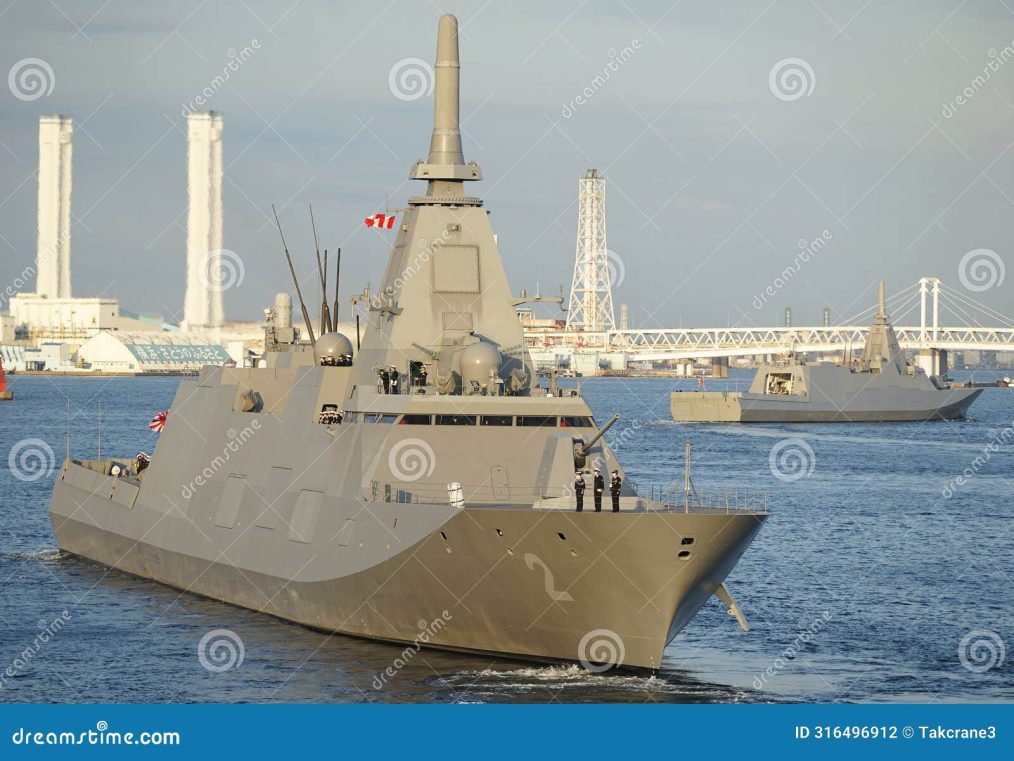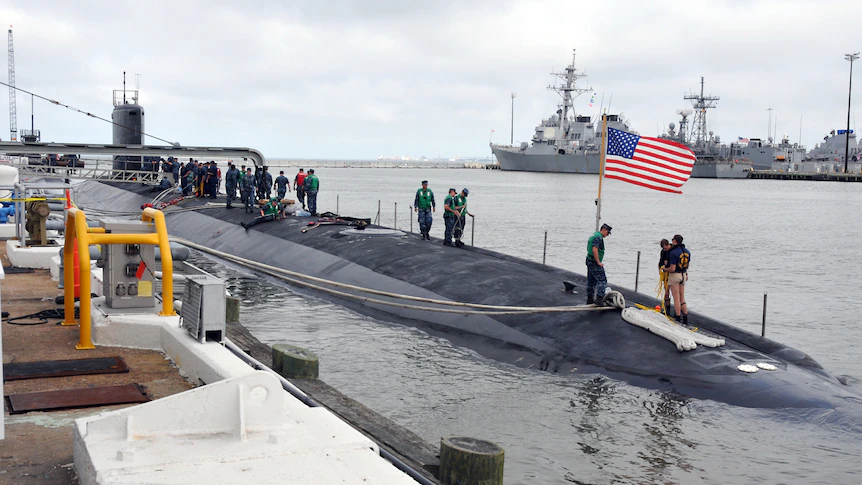#1 A taxi passenger tapped the driver on the shoulder to ask him a question.
The driver screamed, lost control of the car, nearly hit a bus, went up on the footpath, and stopped inches from a shop window.
For a second, everything was quiet in the cab. Then the driver said, “Look, mate, don’t ever do that again. You scared the living daylights out of me!”
The passenger apologized and said, “I didn’t realize that a little tap would scare you so much.”
The driver replied, “Sorry, it’s not really your fault. Today is my first day as a cab driver — I’ve been driving a funeral van for the last 25 years.”
#2 A wife got so mad at her husband she packed his bags and told him to get out. As he walked to the door she yelled, “I hope you die a long, slow, painful death.”
He turned around and said, “So, you want me to stay?”
#3 Putin is held hostage by a terrorist. A Russian truckdriver stops at the back of a long queue on the motorway. He sees a policeman walking down the line of stopped cars to briefly talk to the drivers. As the policeman approaches the truck, the truckdriver rolls down his window and asks, “What’s going on?”
Policeman: “A terrorist is holding Putin hostage in a car. He’s demanding 10 million rubles, or he’ll douse Putin in petrol and set him on fire. So we’re asking drivers for donations.”
Driver: “Oh, ok. How much do people donate on average.”
Policeman: “About a gallon.”
#4 A New York attorney representing a wealthy art collector called his client and said to him, “Saul, I have some good news and I have some bad news.”
The art collector replied, “I’ve had an awful day; let’s hear the good news first.”
The attorney said, “Well, I met with your wife today, and she informed me that she invested $5,000 in two pictures that she thinks will bring a minimum of $15-20 million. I think she could be right.”
Saul replied enthusiastically, “Well done! My wife is a brilliant businesswoman! You’ve just made my day. Now I know I can handle the bad news. What is it?”
The attorney replied, “The pictures are of you with your secretary.”
#5 A man was driving down the road when a policeman stopped him. The officer looked in the back of the man’s truck and said, “Why are these penguins in your truck?”
The man replied, “These are my penguins. They belong to me.”
“You need to take them to the zoo,” the policeman said.
The next day, the officer saw the same guy driving down the road. He pulled him over again. He saw the penguins were still in the truck, but they were wearing sunglasses this time. “I thought I told you to take these penguins to the zoo!”, the officer said.
“I did,” the man replied. “And today I’m taking them to the beach.”









